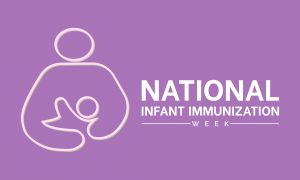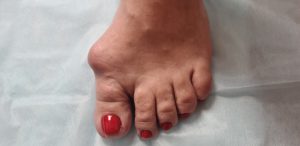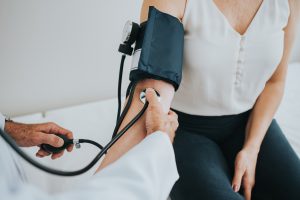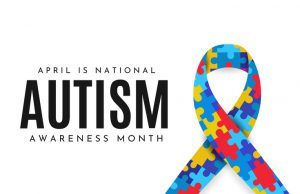 While using a stethoscope to listen to your heart, your doctor may hear a ‘swishing’ or ‘whooshing’ sound instead of the ‘lub-dub’ sound that a normal heart makes. This slight change in the sound of your heart may mean you have a heart murmur. Often, heart murmurs can be identified at the time of birth; this is known as a congenital heart murmur. However, they can also develop later in life.
While using a stethoscope to listen to your heart, your doctor may hear a ‘swishing’ or ‘whooshing’ sound instead of the ‘lub-dub’ sound that a normal heart makes. This slight change in the sound of your heart may mean you have a heart murmur. Often, heart murmurs can be identified at the time of birth; this is known as a congenital heart murmur. However, they can also develop later in life.
Heart murmurs are not always a sign of an underlying heart problem; these are known as “harmless” heart murmurs. However, in other cases, they may indicate conditions such as endocarditis (an infection of the inner lining of the heart) or valve calcification (a hardening or thickening of the valves in the heart).
If you have a harmless heart murmur, you won’t experience any additional symptoms, but if it is an abnormal heart murmur caused by an underlying medical condition, you could experience any of the following symptoms:
- Skin that appears blue, especially on your fingertips and lips
- Swelling or sudden weight gain
- Shortness of breath
- Chronic cough
- Enlarged liver
- Enlarged neck veins
- Poor appetite and failure to grow normally (in infants)
- Heavy sweating with minimal or no exertion
- Chest pain
- Dizziness
- Fainting
Heart murmurs can be genetic; having blood relatives with a heart defect means that you have an increased likelihood of developing one. Additionally, medical conditions such as hypertension, hyperthyroidism, and pulmonary hypertension can increase your risk of a heart murmur. In adults, a heart murmur may improve once the underlying medical condition is addressed. In children, murmurs may go away on their own as the child matures.
If you believe you have a heart murmur or your primary care doctor has detected one, it’s important to follow up with a cardiologist to ensure that any serious underlying cause is treated as soon as possible. You can schedule an appointment at Jamaica Hospital Medical Center’s Cardiology Department by calling (718) 206-7100.
All content of this newsletter is intended for general information purposes only and is not intended or implied to be a substitute for professional medical advice, diagnosis or treatment. Please consult a medical professional before adopting any of the suggestions on this page. You must never disregard professional medical advice or delay seeking medical treatment based upon any content of this newsletter. PROMPTLY CONSULT YOUR PHYSICIAN OR CALL 911 IF YOU BELIEVE YOU HAVE A MEDICAL EMERGENCY.









